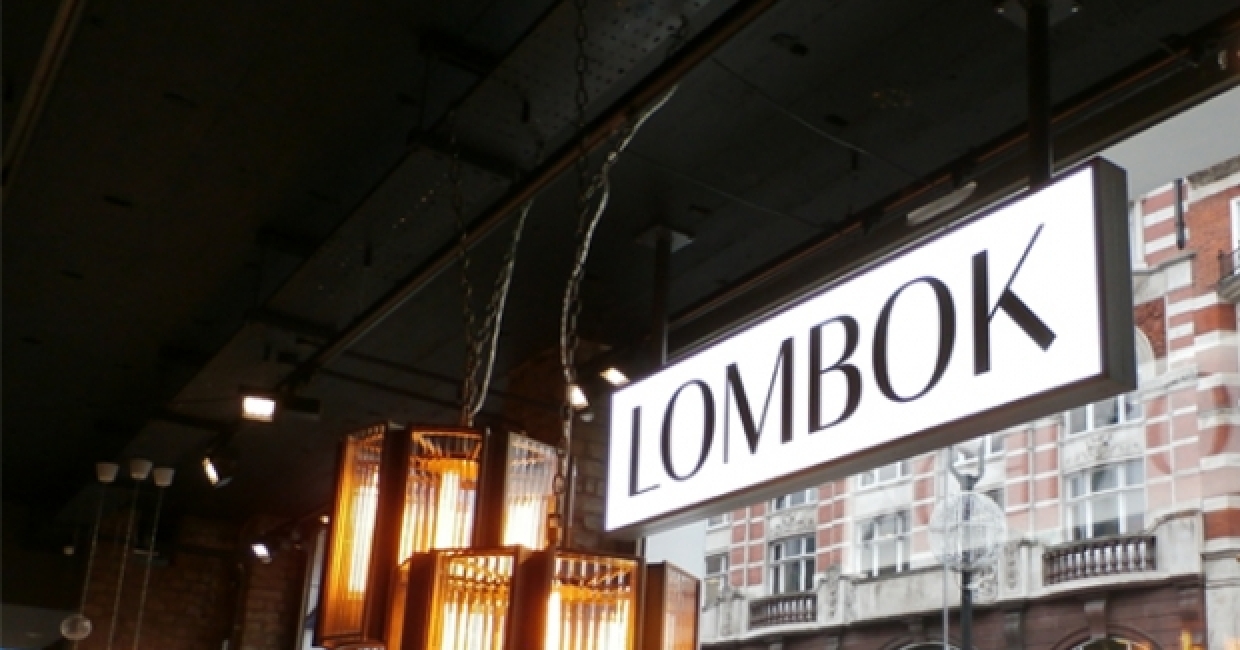Lombok has become the first furniture retailer to be fined for breaching the EUTR regulations introduced in 2013 to prohibit the importing and sale of illegally harvested timber.
On 25th October at Westminster Magistrates Court, Angora 2011 Limited, trading as Lombok, was convicted and fined £5000 plus costs after pleading guilty at the first hearing.
The company failed to exercise the required due diligence when placing an artisan sideboard on the market, imported on 1st June 2016 from India.
A previous breach of the relevant regulations had earlier been identified and led to a Notice of Remedial Action being served on Lombok on 28th April 2015. This was followed by a warning letter dated 7th October 2015, when the company failed to comply with the notice.
On 20th October 2016, officers visited Lombok’s central London showroom and found the required due diligence checks had not been made for an artisan sideboard for sale that had been imported from India.
When convicting the company, the district judge stated these offences are “important”, addressing environmental concerns, biodiversity concerns, and public confidence that companies do not endanger those. Companies are required to mitigate the risk of illegal logging – Lombok had failed to exercise due diligence when importing the sideboard, with its previous failures an aggravating feature, though in mitigation the retailer had reacted proactively.
Taking into account that mitigation and credit for an early guilty plea, Lombok was fined £5000, plus a victim surcharge of £170 and prosecution costs of £2951. The total of £8121 was ordered to be paid within 28 days.
Mike Kearney, head of regulatory delivery enforcement, says: "The Government’s Regulatory Delivery team will take action against businesses that persistently, deliberately or recklessly fail to meet their legal obligations. Lombok failed to change their practises in response to our advice and so, given the impact of illegal logging, a criminal prosecution was appropriate. I am pleased that Lombok is now improving its supply chain monitoring."
Stuart Lewis, MD of Lombok, responded with the following statement: "We note with disappointment the article published by the Insolvency Service on their website, under the misleading title: Company fined for failure to check product was made from legally-harvested timber. In our opinion this is a clear misrepresentation of the facts of the charge, which insinuates that no due diligence had been carried out by the company, something that we categorically do not accept.
"It is correct to say that on the 25th October 2017 we accepted in court that prior to the involvement of BEIS our due diligence procedures had not been robust enough to comply with the EU Timber Regulations, specifically in relation to an artisan sideboard chosen by BEIS during their inspection of our premises. However, in September 2016 decisive action was taken by the company to reform our procedures, including instructing specialist third-party environmental consultants to advise us on implementing a gold-standard risk assessment process at every stage of the supply chain.
"Traditionally our company’s due diligence had been based on establishing and maintaining strong and direct relationships with trusted suppliers, some going back nearly two decades. This has included visits to supplier factories abroad and carrying out site inspections of our own, assessing working conditions, timber stocks in relation to production levels and other risk factors such as whether full access was granted to us.
"Lombok prides itself on its reputation for selling high quality, ethically-sourced products. We have always insisted on our suppliers providing evidence of quality marks and accreditations, which would form part of our assessment. To suggest that we had ‘not checked’ the sources of our products is simply untrue.
"We are grateful to District Judge Blake for his fair and considered approach to this case. The learned judge observed that we had been proactive in our approach to implementing rigorous due diligence procedures, and had taken 'significant remedial action' to mitigate the risk, including withdrawing certain products from sale as a precautionary measure whilst further checks were made.
"We would like to clarify that there was never any suggestion that any illegal timber was ever identified or that there was a significant or even modest risk of any having been introduced to the market. As the judge pointed out in his comments, we reacted “proactively and positively to involvement of BEIS and have, as good as they can, provenanced (sic) the item in question to be sure of its legitimate source”.
"We were very disappointed by the decision of BEIS to charge our company after over a year of close co-operation in which we had submitted two fully compliant risk assessments for the one item in question, which had found the risk of illegally-harvested timber to be negligible.
"We take our environmental responsibilities extremely seriously and can say with confidence that all wood suppliers with whom we deal have been rigorously assessed to ensure that the products we sell are made from legally and ethically sourced timber."










